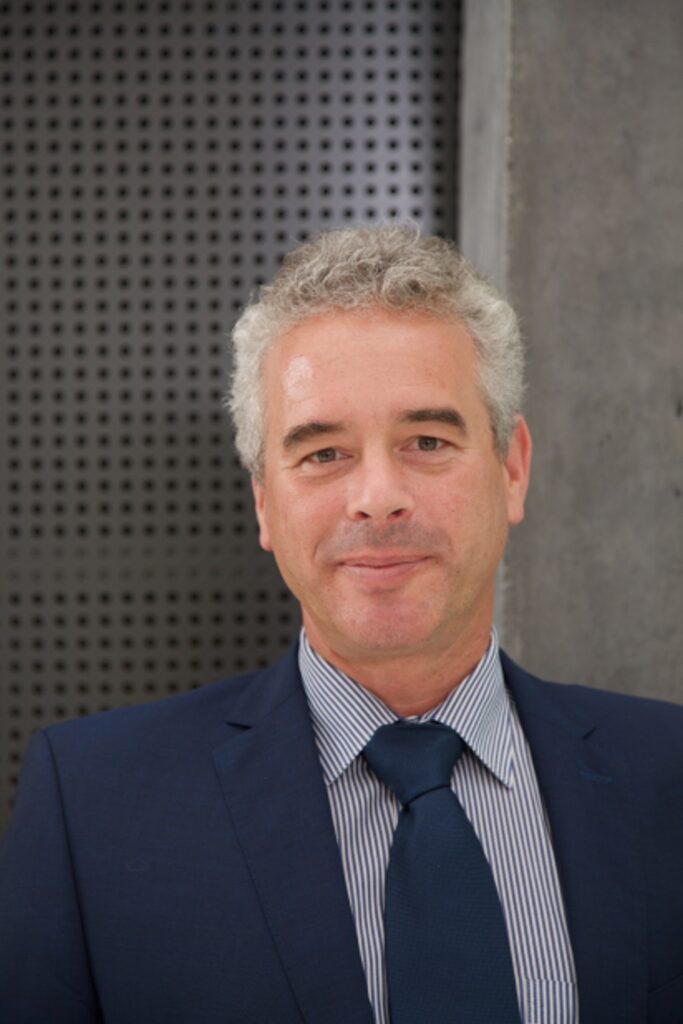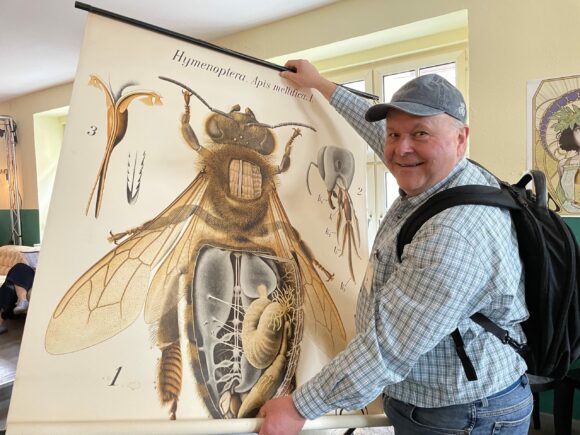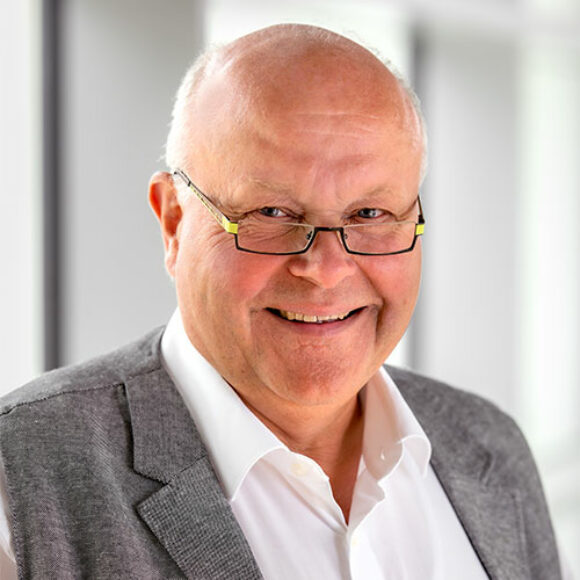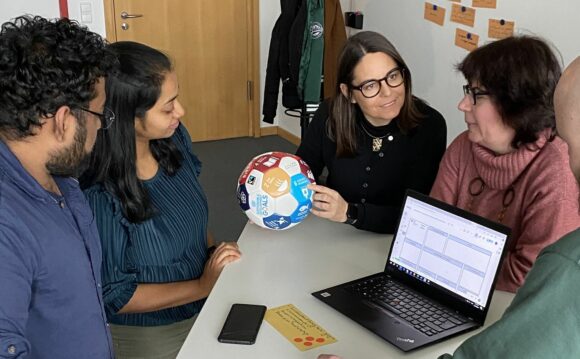With the High-Tech Agenda (HTA), the Bavarian State Ministry has made it possible for research professorships to be introduced at Bavarian universities. In this interview, Prof. Dr.-Ing. Valentin Plenk, Vice President Research and Development, explains this development.

How has Hof University implemented research professorships?
“Official research professors are appointed to positions that include research work in addition to teaching. The proportion of teaching is reduced. In Hof, we already have professors with this status within the framework of foundations. With the positions from the HTA, we now have the opportunity for the first time to give professors more freedom for research, also from state funds. However, we did not only want to provide newly appointed professors with this status, but also to give professors who are already working for us the opportunity to participate. That’s why we came up with a more flexible solution that gives proven old colleagues and dedicated new colleagues significantly more time for research than was previously possible through what we call in our internal language a reduced teaching load.”
How many research professorships are there and what subject areas do they represent?
“The first four colleagues who have earned this status are Beatrix Weber, Richard Göbel, Michael Nase and Jörg Scheidt. Ms. Weber heads the research group “Law in Sustainability, Compliance and IT” at iisys. This group accompanies and supports other research groups in the legally secure implementation of innovative ideas. The most recent example here is the Bavaria-wide corona study with colleague Jörg Scheidt
Mr. Scheidt heads the research group “Analytical Information Systems” at iisys, which, to put it simply, specializes in data analysis and is particularly successful in the field of medical studies

Images: Hof University of Applied Sciences;
With Mr. Göbel, the head of the group “Multimedia Information Systems”, another colleague from the iisys is present – this accumulation can be explained by the fact that first colleagues with proven achievements in research were selected and the iisys as the oldest research institute of the university naturally gathers most of such colleagues. It deals with the collection and analysis of very large amounts of structured and unstructured data. The MobiDig project should also be mentioned here, which dealt with movement and traffic data from the city and district of Hof as well as the district of Wunsiedel
Last but not least, the fourth and youngest of the bunch: Michael Nase, founder and director of the “Institute for Applied Biopolymer Research (ibp)”, he is dedicated to biogenic and biodegradable plastics. Partly to substitute the previous raw materials, partly to solve the problems at the end of the life cycle of a plastic part through natural decomposition.”
What does this mean specifically for individual researchers?
“The new status is associated with a significant reduction in the teaching load, which gives colleagues the necessary freedom for their research.”
So far, professors who have been at Hof University for a longer period of time have tended to be named. What about researchers who are now new to the university?
“The first four colleagues given this status, whom I have already mentioned above, are “old hands” who have already made a name for themselves in research. The next round will indeed also promote colleagues who bring new ideas and approaches – with the aim of raising them to the same (research) level as the “old hands.””
The research professorship is also accompanied by the possibility that research-strong areas of our university – i.e. in the research institutes, for example – receive their own right to award doctorates. What is the current state of affairs?
“We have to separate a bit between theory and practice here. In theory, we as HAWs, especially in Bavaria, observe a strong reluctance to recognize our research achievements, which is also expressed by the fact that the right to award doctorates is currently still reserved for universities. The planned amendment of the higher education law could also cut off this old braid.
In practice, our “old hands” already have good networks with universities – both within and outside Bavaria – and are thus able to offer cooperative doctoral programs to all employees who are willing and – it must be added, of course – able to earn a doctorate. From a professional point of view, these cooperations are a benefit for all involved, and the discussion with a wide variety of colleagues – accompanying professors and doctoral colleagues in the graduate colleges – is also trained. It sharpens the young people’s view and even the not always very simple requirements of the doctoral regulations have their purpose: Those who soon want to submit applications themselves for research or in companies can already practice quite formal things here.”







